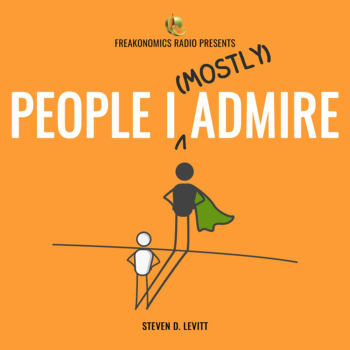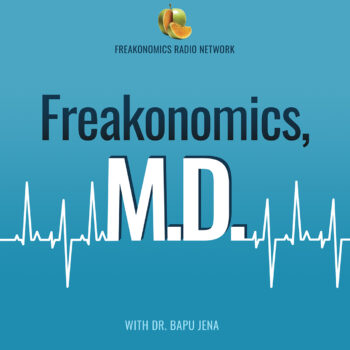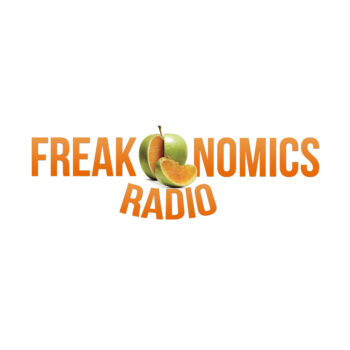Seeing Red: Why L.A. Needs to Keep its Traffic Light Cameras
…total injury crashes fell by a significant amount in intersections that installed RLCs (estimates ranged from 13 to 29 percent). The reduction in total crashes was smaller for reasons I’m…




